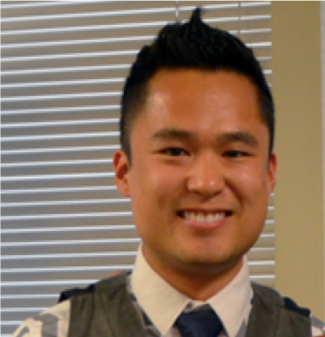[
Congratulations to Dr. Paul Le on his successful
completion of his Thesis Defense!
"Facilitating inclusion and access of undergraduate students in large-enrollment science classrooms"
There has been a significant amount of money invested and work conducted in the United States to facilitate the inclusion of underrepresented students (e.g., females, students of Color) in science fields. However, change has been frustratingly slow. One reason for the slow change is that initiatives have largely focused on symptoms, such as learning gains or retention, and failed to address the disease, underlying systemic barriers that deter students from entering and persisting in STEM fields. These systemic barriers influence cultural values and norms that permeate science education and may make it unwelcoming to underrepresented students. My dissertation work looked at the Learning Assistant (LA) model, which offers a context in which transformation can happen, and described (1) how the LA model has helped facilitate inclusive practices that foster a positive culture and (2) where educators can modify the practices of the model to promote the removal of barriers that may hinder students. Chapter 2 provides an overview of how instructors can provide students access to capital and renegotiate power differentials in order to create more transformed classroom spaces. Chapter 3 focuses on students’ identity production and describes how socially constructed identities, such as gender and race, and lived experiences impact how students created a science identity. Chapter 4 describes one LA-supported biology classroom and how the instructor and LAs helped facilitate a sense of belonging for students. Overall, my research supports that the LA model provides a context for transformation and that LA-supported classrooms are establishing some inclusive norms and values, though this varies by instructor. It is important to continue work in diversity and inclusion because science education can unintentionally dehumanize students when traditional norms are allowed to persist.

